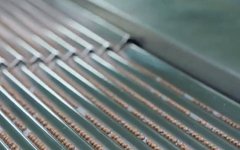 Have you ever wondered about the differences between pills (wanji), granules (keliji), and decoctions (heji) in Traditional Chinese Medicine (TCM)? Why does the same medicine come in both pill and decoction forms? The prices of different forms of medicine often vary; does this indicate that the form of the medicine affects its efficacy?
Have you ever wondered about the differences between pills (wanji), granules (keliji), and decoctions (heji) in Traditional Chinese Medicine (TCM)? Why does the same medicine come in both pill and decoction forms? The prices of different forms of medicine often vary; does this indicate that the form of the medicine affects its efficacy?
Many people think that since the raw materials are similar, the form is not important. Is this really the case? Today, I will discuss what makes certain forms more expensive and which form is more suitable for the same medicine.
Pills (wanji)
Are they really “rolled” into balls?

Those who watched “Ji Gong” as children likely remember the “stretching leg and glaring eye pill”. Pills are indeed made by “rolling” processed herbs into balls, but this is done using machines and binders, ensuring hygiene and quality.

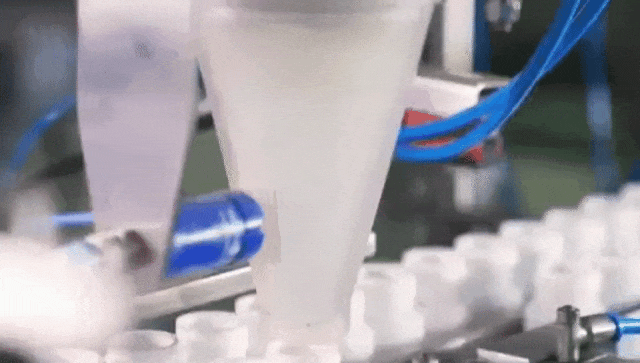
Pills can be categorized into large pills, small pills, honey pills, and water pills, depending on the binder and size used. They are generally taken by swallowing, chewing, or dissolving in water.
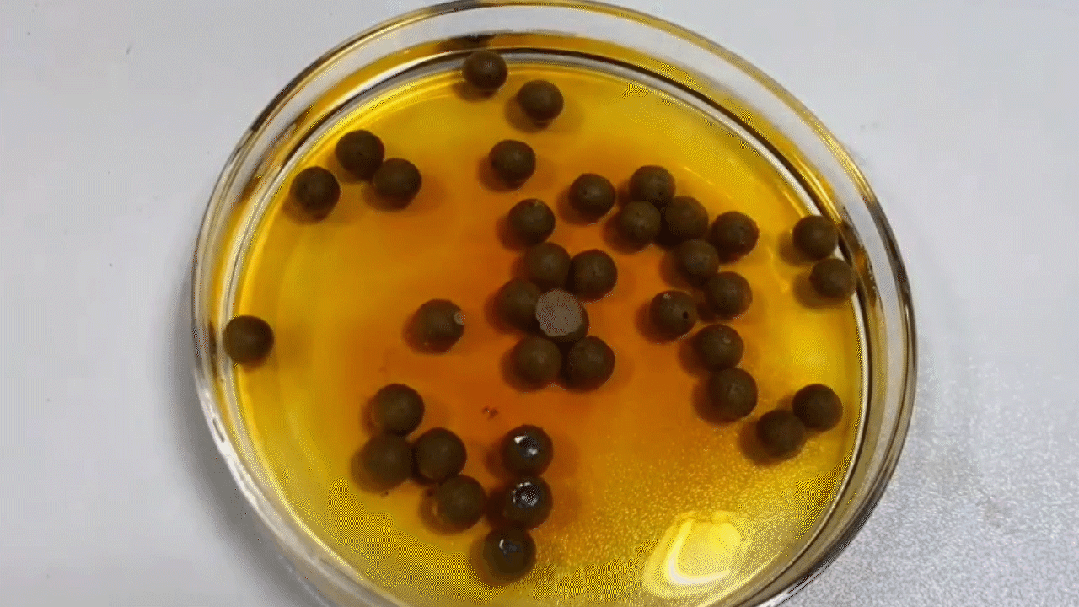
Pills contain the original herbs from the prescription, which need to undergo disintegration (the process of pills, tablets, or capsules turning into granules under certain conditions), dissolution, and digestion to release their medicinal effects. The release of medicinal effects from pills is slow but lasts longer, making them more suitable for long-term use and the treatment of chronic diseases.
Granules (keliji)
Feeling a cold coming on?
When we catch a cold, we often immediately take a cup of “cold granules”; this is where granules come into play. Granules are made by extracting and concentrating the herbs, then mixing them with appropriate excipients to form granulated preparations.
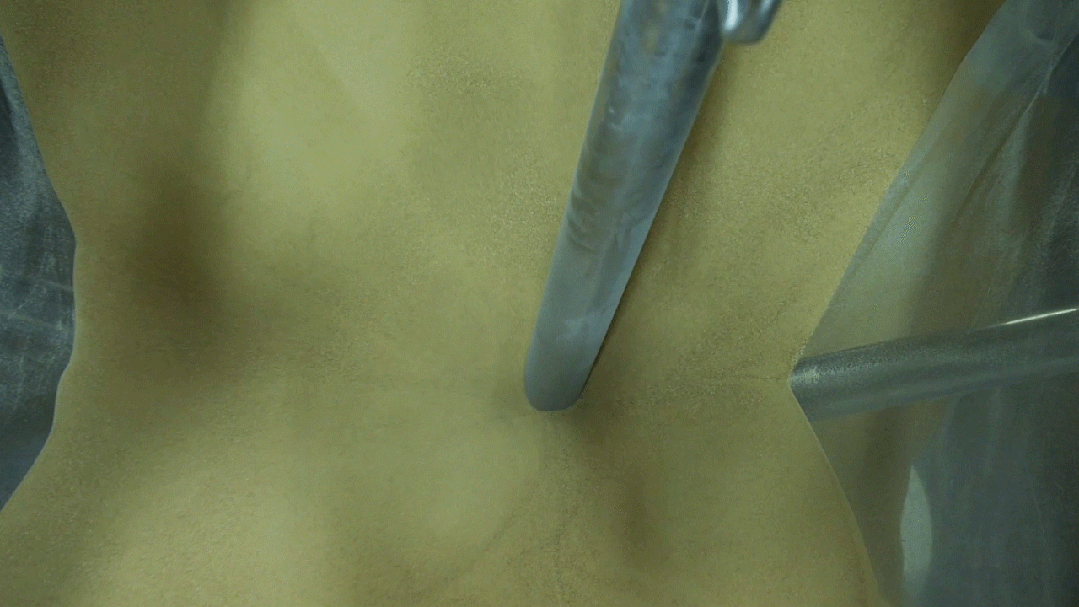
Compared to pills, granules dissolve faster in hot water, making them suitable for treating conditions that require quick results. For example, when catching a cold, choosing Qidali® Jingfang Granules not only works quickly but also helps to dispel cold and induce sweating when taken with hot water.
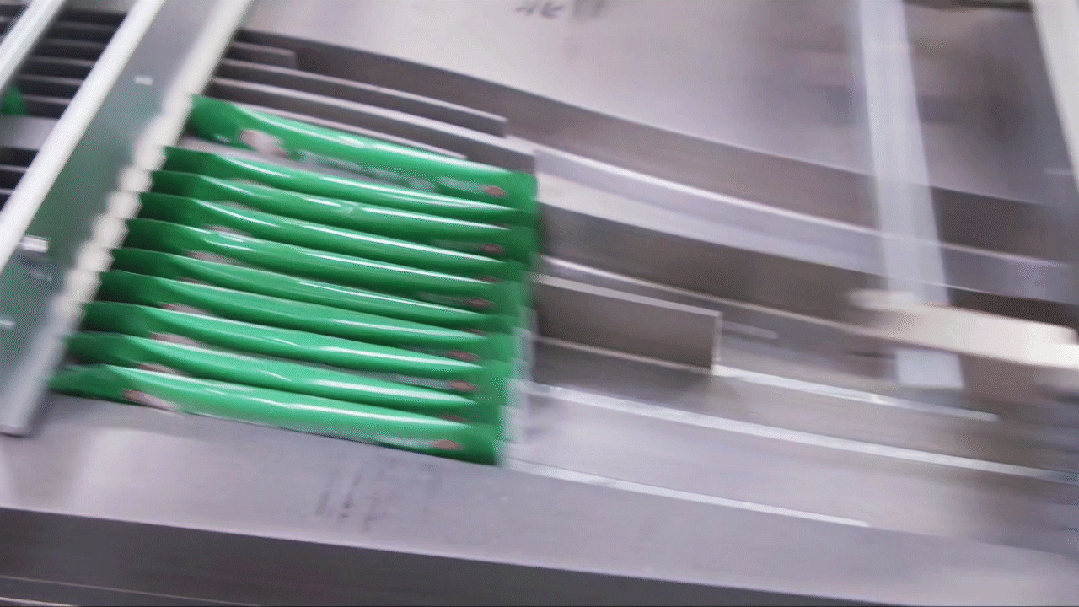
In ancient TCM formulas, powdered forms often appear, such as the Jingfang Baidu San from the “Shengsheng Zhongmiao Fang”. So, are powdered forms and granules the same?
Powdered forms (sanjis) are primarily made by grinding herbs into powder and are commonly used for both internal and external medications. When used externally, the herbs can directly reach the affected area, providing significant advantages.
Granules (keliji) require processes such as decoction, concentration, drying, and granulation to be prepared. They are vacuum-packed for preservation and are usually taken with hot water, making them convenient, economical, and effective, which is why granules are commonly found in TCM preparations.
Decoctions (heji)
Concentrated essence
“Oral liquids are just the boiled herbal soup poured into a bottle, right?”
Wrong!
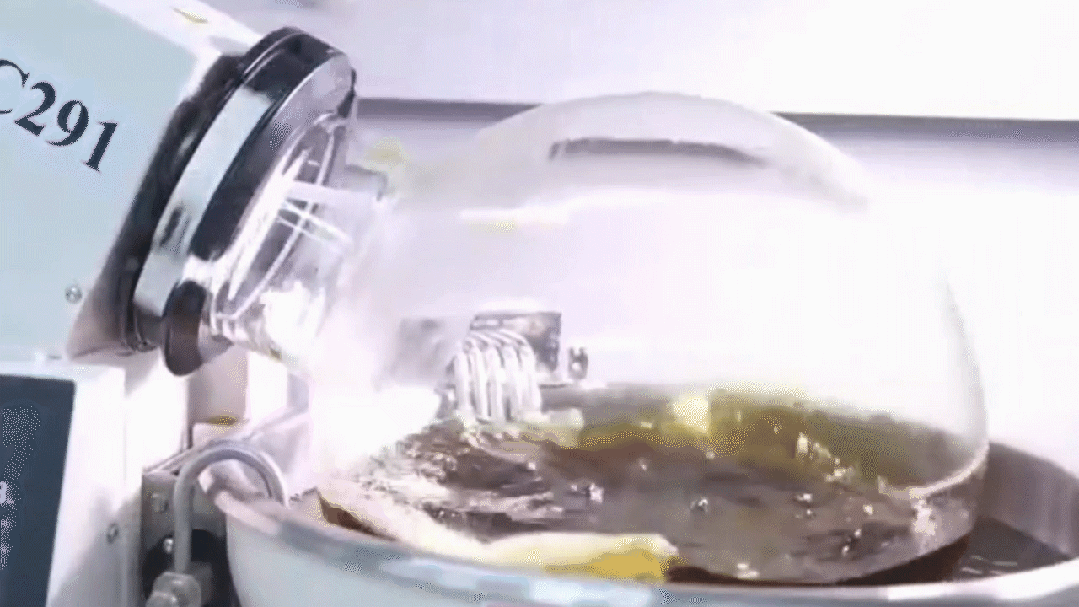
The production process of decoctions is quite complex. To ensure that a small bottle of medicine can exert sufficient efficacy, we often go to great lengths to preserve the active ingredients of the herbs.
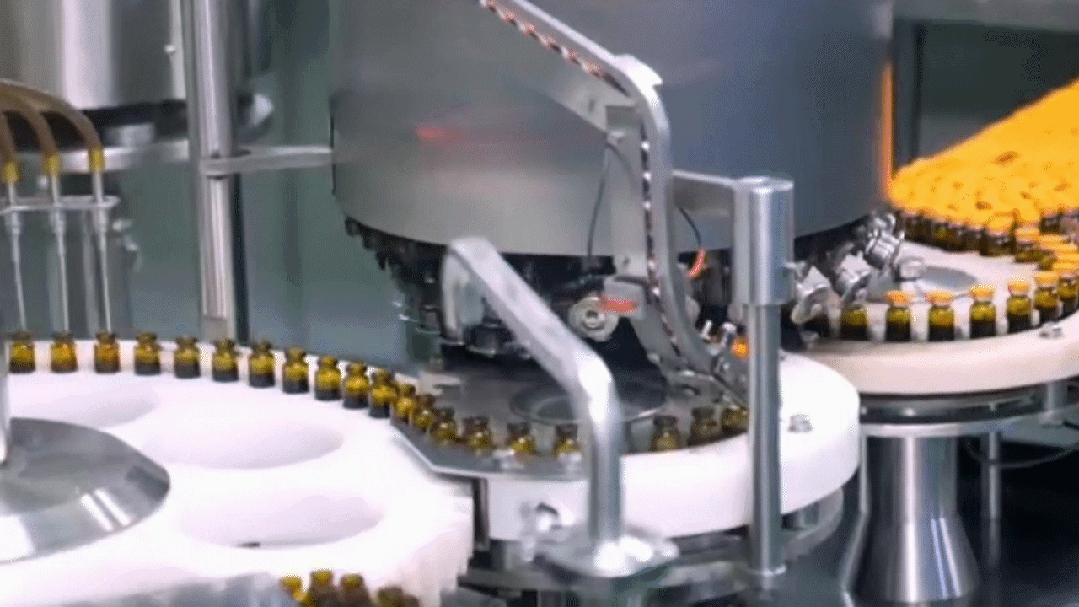
Take the Yizhongshu® Guipi Decoction produced by Lunan Pharmaceutical as an example; many active ingredients of the herbs are found in the volatile oils. We first extract the volatile oils, then filter out the dregs from the remaining decoction, concentrating the most essential parts to prepare the decoction. This is also why decoctions are often more expensive than other forms.
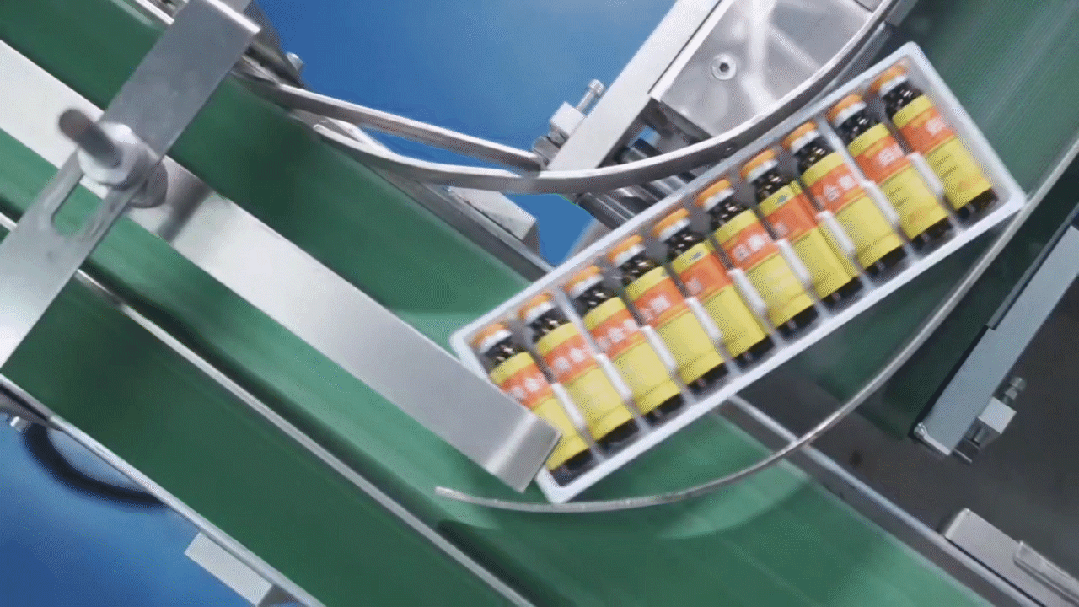
Therefore, the concentration of the medicine in decoctions is more accurate, which can reduce the first-pass effect to some extent, and the release of medicinal effects is relatively quick, making them easier to swallow, suitable for children and the elderly.
Each form of medicine has its value; choose the most suitable form based on your doctor’s advice and your actual situation. If you have any other forms you would like to know about, feel free to leave a message for me in the comments!
More Exciting Content
➱ This is how Lunan Pharmaceutical produces Jingfang Granules!➱ How to correctly use oral TCM preparations➱ How does this team ensure the quality of herbal materials? They are impressive!➱ It turns out that Lunan Pharmaceutical does this for herbal identification!➱ Labor Medal winner: honing a pair of “fire eyes”➱ The chaos in the herbal market is rampant; pharmaceutical professionals teach you how to combat counterfeits!➱ Lunan Pharmaceutical’s Gefitinib tablets have been approved for market release!➱ The Anshen Bnona Liquid has been successfully approved for market release in the Eurasian Economic Union’s five countries➱ Representative Zhang Guimin: Improve the brand cultivation mechanism➱ Yijunning® Sevoflurane Inhalation has been approved for entry into the Costa Rican market
Author: Haihai
Editor-in-Chief: Yu Jie
Editor: Xiaonan

